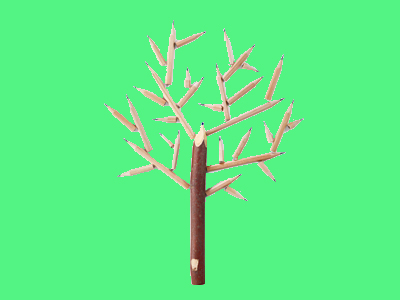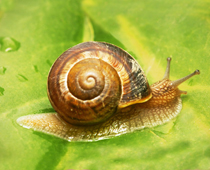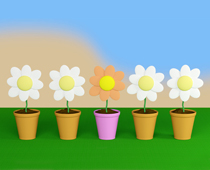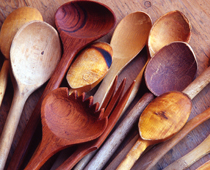
Investigating - Finding Answers
This quiz addresses the requirements of the National Curriculum KS1 Science for children aged 5 and 6 in years 1 and 2. Specifically this quiz is aimed at the section dealing with simple methods used to investigate and answer questions.
Scientists ask lots of questions. But then they have to investigate and try to find ways, or methods, of answering these questions. How would you go about answering questions in science? What method would you use? How would you measure it? How would you count it? This quiz looks into ways of investigating and finding answers in science.
What should she look for?
What should she do?
Sarah plants some bean seeds all at different depths in the soil.
How will she know which has grown best?
Sam has 6 different modelling clays. They are all the same length to start with. He pulls them all with the same force.
What does Sam need to measure now?
Ready for more?
not all...
quizzers. Try to win a coveted spot on our Hall of Fame Page.

















